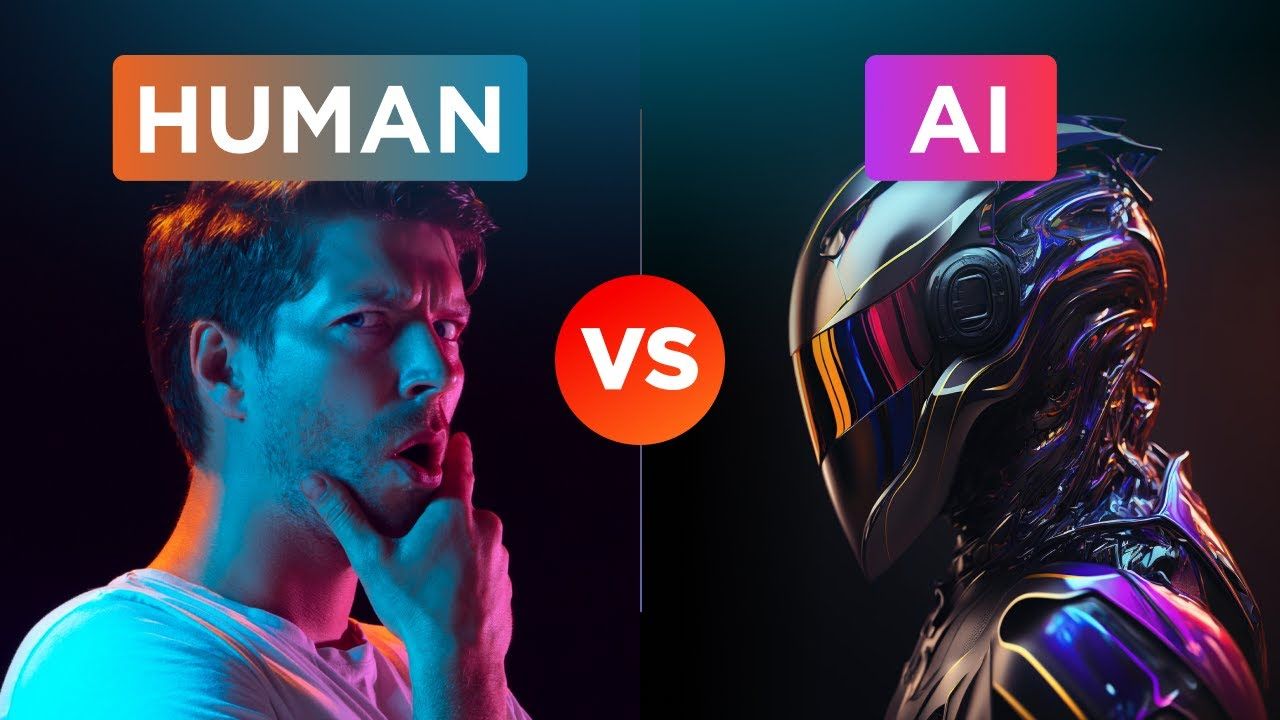Made with 💖 by Ankit Kaushik


Artificial intelligence has made significant advancements in recent years, revolutionizing various industries including engineering. AI has the ability to analyze vast amounts of data and make predictions and decisions based on patterns and trends. This has enabled engineers to automate repetitive tasks, improve efficiency, and enhance productivity. The rise of AI in engineering has brought about numerous opportunities and possibilities.
However, it is important to note that AI in engineering is not about replacing human engineers entirely. Instead, it is about augmenting their capabilities and empowering them to solve complex problems more efficiently. Human engineers are still crucial in designing, innovating, and overseeing projects. AI serves as a valuable tool to support and enhance their work.
The integration of AI in engineering brings several benefits. Firstly, AI algorithms can analyze large datasets and identify patterns that human engineers may not have been able to detect. This enables engineers to make data-driven decisions and optimize designs. Secondly, AI can automate repetitive and mundane tasks, freeing up time for engineers to focus on more complex and creative aspects of their work. Thirdly, AI can simulate and model various scenarios, allowing engineers to test and refine their designs before implementation. This reduces the risk of errors and saves both time and resources.
Additionally, AI can assist in predictive maintenance, helping engineers detect potential issues before they become major problems. This proactive approach can minimize downtime and improve the overall reliability and performance of engineering systems. Overall, the benefits of AI in engineering are vast and can greatly enhance the efficiency and effectiveness of engineering processes.

While AI brings numerous benefits to engineering, it also poses certain challenges. One of the main challenges is the need for high-quality and accurate data. AI algorithms heavily rely on data to learn and make accurate predictions. Therefore, engineers must ensure that the data used is reliable, relevant, and representative of the real-world scenarios. Another challenge is the interpretability of AI models. As AI becomes more complex, it can be difficult for engineers to understand and interpret the decisions made by AI algorithms. This raises concerns regarding transparency and accountability.
Furthermore, the ethical implications of AI in engineering need to be carefully considered. AI systems must be designed and implemented in a way that aligns with ethical standards and does not discriminate or cause harm. It is crucial for engineers to address these challenges and ensure that AI is used responsibly and ethically in the field of engineering.
Despite the advancements in AI, human engineers continue to play a vital role in the field. Human engineers possess critical thinking, creativity, and problem-solving skills that are essential for complex engineering projects. They have the ability to understand context, consider multiple factors, and make judgment calls based on their expertise and experience. While AI can automate certain tasks, it cannot replicate the intuition and innovative thinking of human engineers.
Human engineers also have the capability to adapt to changing circumstances and unexpected challenges. They can think outside the box and come up with innovative solutions that AI may not have been programmed to consider. Moreover, human engineers are responsible for ensuring that AI systems are designed and implemented in a way that aligns with ethical and societal considerations. They provide the human touch and oversight that is necessary for the responsible use of AI in engineering.
The future of engineering with AI is a combination of collaboration and augmentation. AI will continue to evolve and become more sophisticated, augmenting the capabilities of human engineers. While AI may automate certain tasks and streamline processes, it is unlikely to completely replace human engineers. Instead, engineers will work alongside AI systems, leveraging their analytical power and insights to drive innovation and solve complex problems.
The integration of AI in engineering will also lead to new job opportunities and skill requirements. Engineers will need to adapt and upskill themselves to work in harmony with AI technologies. The future of engineering with AI holds immense potential for advancements in various fields, including aerospace, civil engineering, robotics, and more. It is an exciting time to be an engineer, as AI opens up new horizons and possibilities.